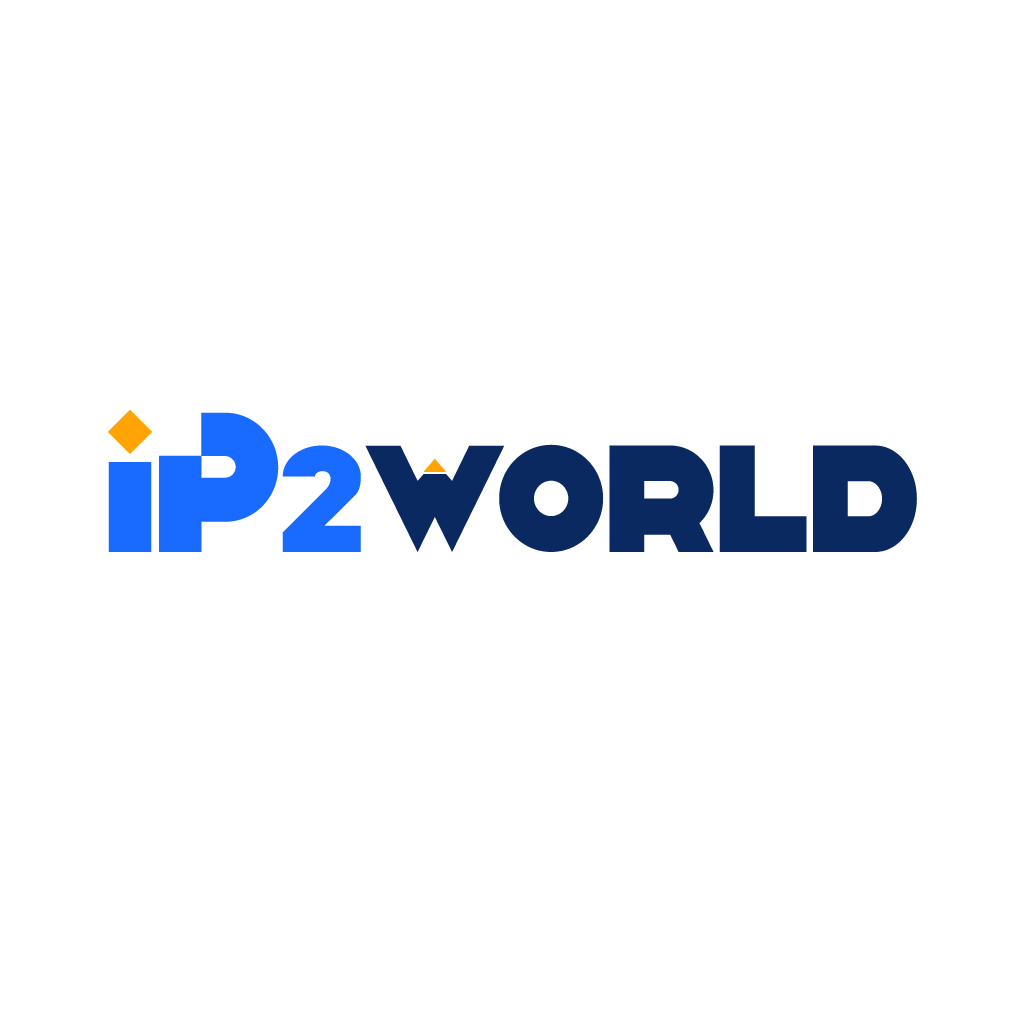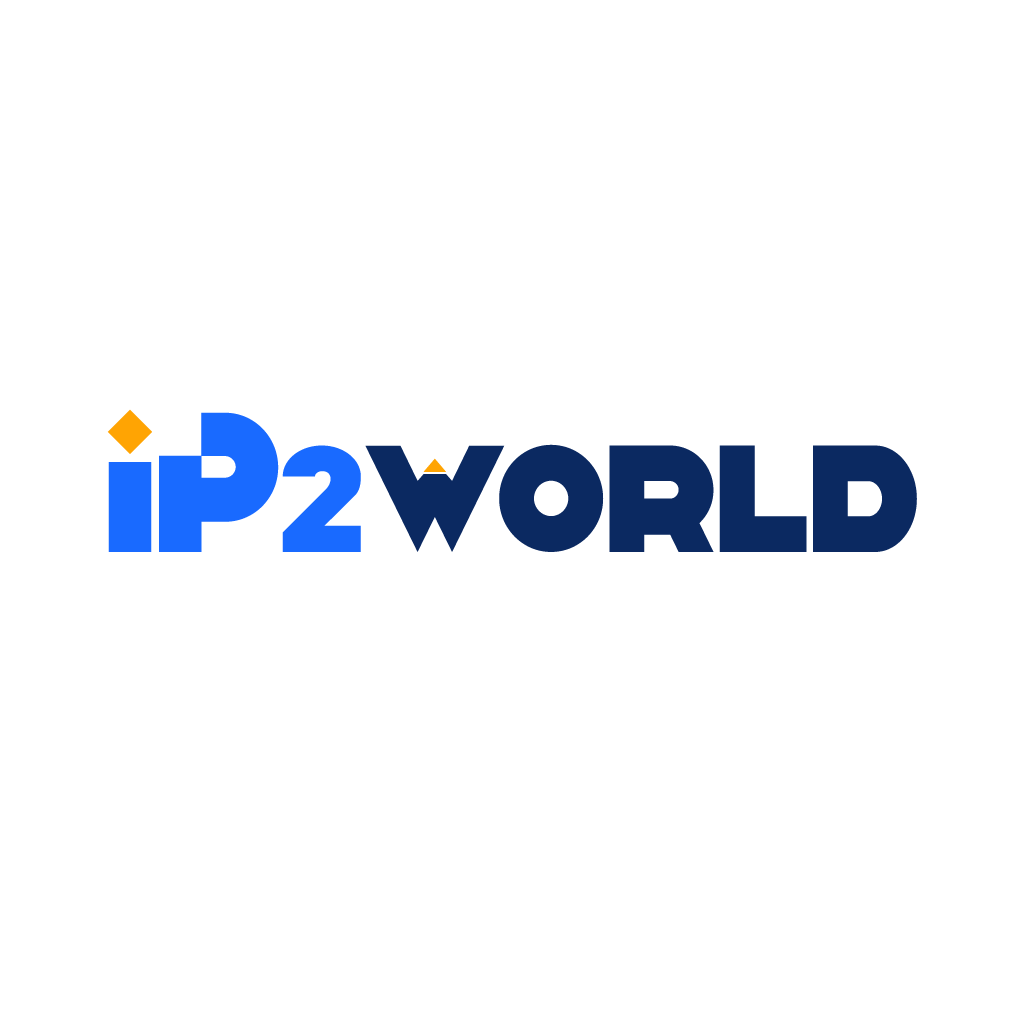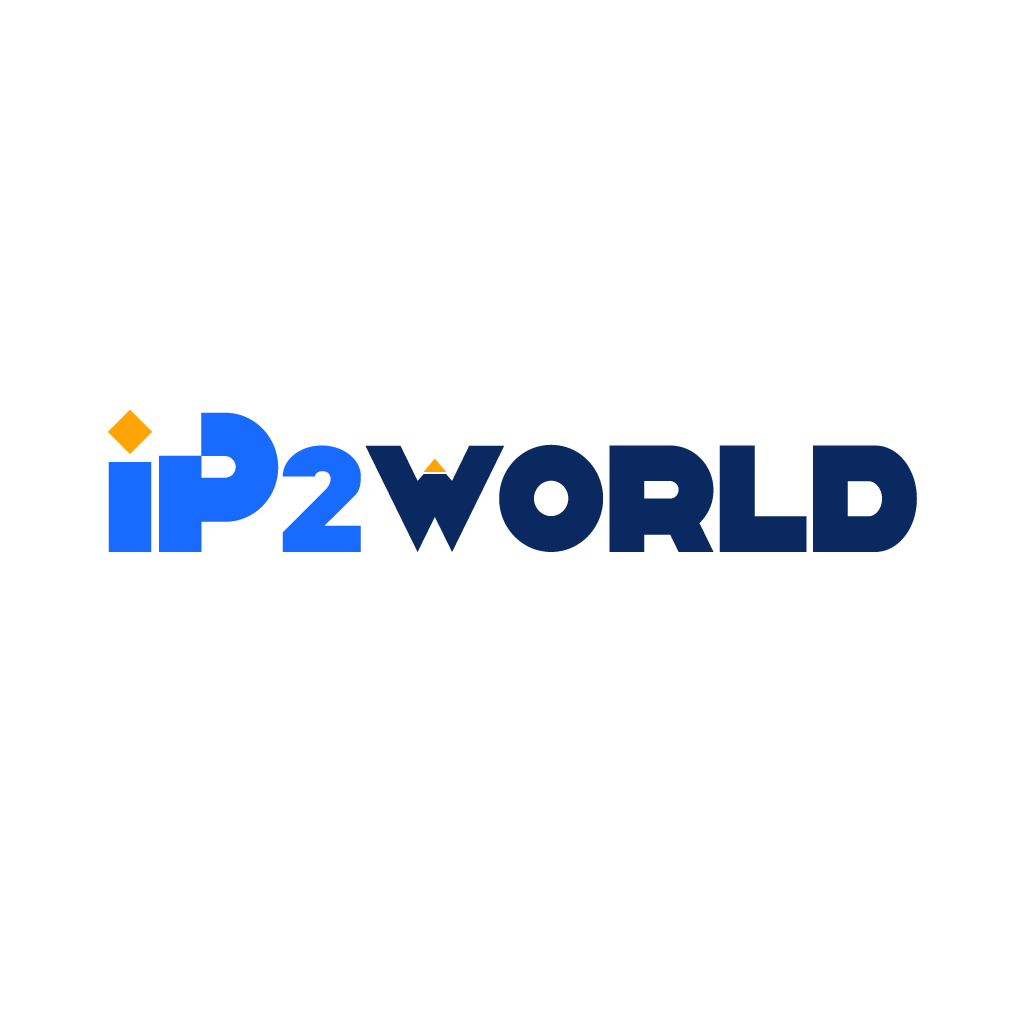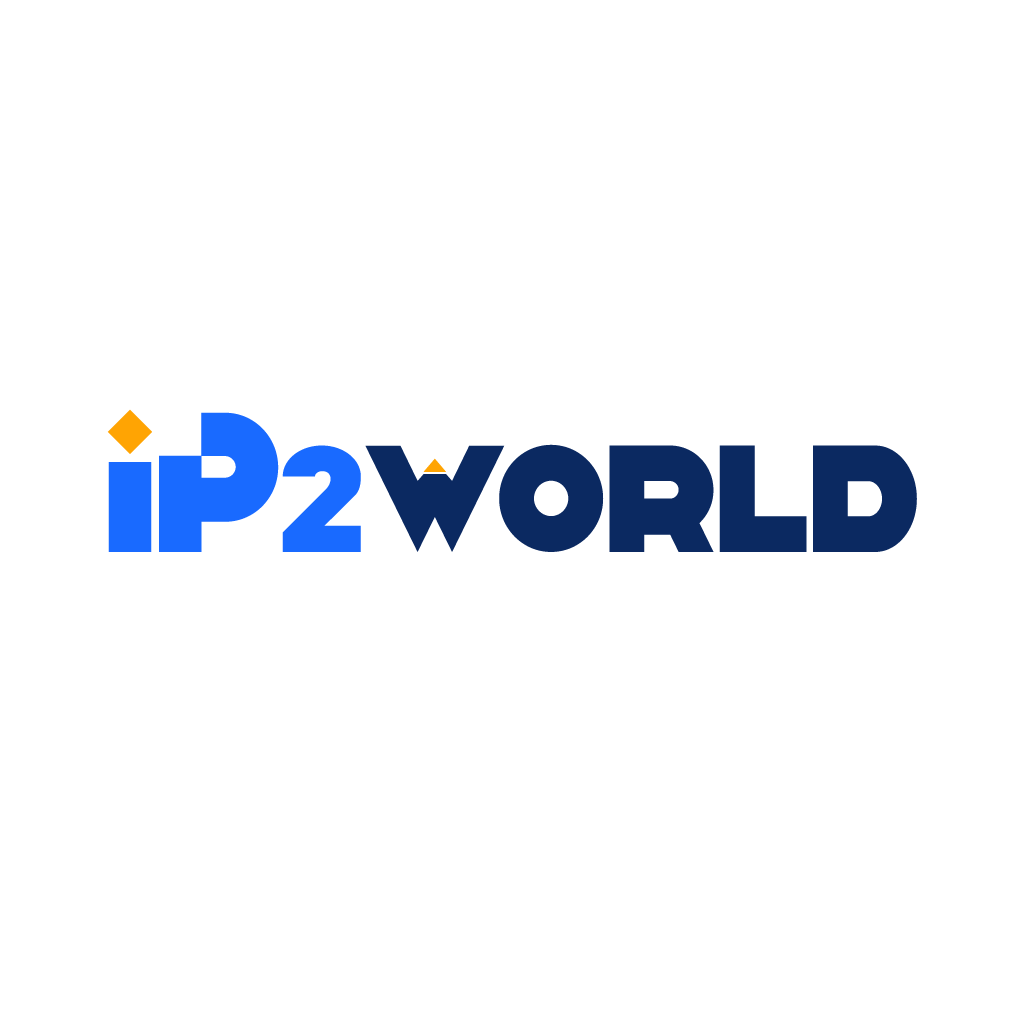I. IntroductionA. Definition of SEO Proxies: SEO (Search Engine Optimization) proxies are specialized servers that act as intermediaries between a user's computer and the internet, particularly for SEO activities. These proxies mask the user's real IP address, making it possible to conduct extensive web research, data scraping, and competitor analysis without being detected or blocked by search engines or websites. They are used to simulate different geolocations, manage multiple social media accounts, and perform various SEO tasks more efficiently and securely. B. Importance in Digital Marketing: In the realm of digital marketing, SEO proxies play a crucial role. They allow marketers and SEO professionals to gather valuable data about competitors, market trends, and search engine behavior without revealing their identity. This capability is essential for effective SEO strategies, as it enables businesses to optimize their online presence, improve search engine rankings, and gain a competitive edge in the digital marketplace. SEO proxies contribute to a more nuanced and data-driven approach to online marketing, making them invaluable tools in the digital marketer's toolkit. II. Understanding SEO Proxies A. How Do SEO Proxies Work? SEO proxies work by routing a user's internet requests through an intermediary server. This server replaces the user's original IP address with its own, effectively masking the user's location and identity. When conducting online activities, such as scraping search engine results or accessing competitor websites, the requests appear to come from the proxy server rather than the user's computer. This process not only maintains anonymity but also helps in bypassing geo-restrictions and avoiding IP bans commonly imposed by search engines and websites on repetitive and suspicious activities. B. Types of SEO Proxies: There are several types of SEO proxies, each serving different purposes. The most common types include: 1. Residential Proxies: These proxies assign genuine IP addresses provided by ISPs, making them appear as regular residential users. They are ideal for tasks requiring high anonymity. 2. Datacenter Proxies: These are proxies hosted on servers in data centers. They offer high speed and efficiency but are more easily detectable compared to residential proxies. 3. Rotating Proxies: These automatically rotate the user's IP address at regular intervals, making them useful for tasks that need to avoid detection, such as web scraping. 4. Dedicated Proxies: These are private proxies assigned exclusively to one user, offering a stable and secure connection for SEO activities. C. Comparison with Traditional Proxies: Traditional proxies, often used for general privacy and security purposes, differ from SEO proxies in their specific application. While traditional proxies focus on general anonymity and accessing blocked content, SEO proxies are tailored for SEO activities. They provide functionalities like rotating IP addresses, targeting specific geolocations, and handling high-volume requests, which are crucial for effective SEO strategies. Additionally, SEO proxies often come with features like faster speeds and higher reliability, catering to the demanding nature of SEO tasks. III. The Advantages of Using SEO Proxies A. Anonymity and Privacy: SEO proxies provide a critical layer of anonymity and privacy for users, especially those engaged in competitive SEO research and data collection. By hiding the user's actual IP address and replacing it with one from the proxy server, these proxies prevent websites and search engines from tracking the user's real location and browsing habits. This anonymity is vital for SEO professionals who need to conduct competitor analysis, keyword research, and content strategy without alerting competitors or risking their personal and business privacy. B. Overcoming Geo-Restrictions: Many websites and online tools offer different content or functionalities based on the user's geographical location. SEO proxies enable users to bypass these geo-restrictions by providing IP addresses from various locations worldwide. This capability allows SEO experts to view and analyze content as it appears in different regions, helping them to tailor their SEO strategies to specific markets. Additionally, overcoming geo-restrictions is crucial for businesses looking to expand into new markets, as it provides insights into local search trends and competitor strategies in those areas. C. Enhancing Web Scraping Efficiency: Web scraping is an essential component of SEO research, involving the extraction of large amounts of data from websites. SEO proxies enhance the efficiency of web scraping by allowing users to send requests from various IP addresses, reducing the likelihood of being blocked or banned by target websites. Furthermore, using proxies can speed up data collection and reduce the load on the user's primary IP address, which can be crucial when scraping large datasets. Enhanced efficiency in web scraping leads to more accurate and comprehensive data, which is fundamental for informed SEO decision-making. IV. The Role of SEO Proxies in Keyword Research A. Bypassing IP Bans and Restrictions: When conducting extensive keyword research, especially on competitors' websites or various search engines, there's a risk of IP bans due to frequent and repetitive access. SEO proxies help bypass these restrictions by providing different IP addresses for each request, thereby masking the user's actual IP and avoiding detection. This feature is particularly beneficial for SEO professionals who need to gather large-scale keyword data without interruption or risk of being blacklisted. B. Gathering Competitor Insights: Understanding competitors' keyword strategies is a crucial aspect of SEO. SEO proxies enable discreet research into competitors' websites, allowing users to analyze which keywords competitors are targeting, how they structure their content, and what SEO tactics they are employing. This information is invaluable for developing effective SEO strategies and can provide a competitive edge in search engine rankings. C. Accessing Restricted Content: Some websites restrict access to certain content based on the user's geographical location. SEO proxies allow users to circumvent these restrictions by providing IP addresses from the desired locations. This enables access to region-specific content and keywords, which is essential for businesses targeting specific geographical markets or conducting global SEO campaigns. V. SEO Proxies and Link Building A. Strategies for Effective Use: For successful link building, SEO proxies can be used strategically to create and manage multiple accounts on various platforms, submit articles, and post comments without triggering spam filters. Proxies help maintain a low profile while carrying out these activities, enabling users to build links efficiently across a diverse range of websites and platforms. B. Avoiding Detection by Search Engines: Search engines like Google are constantly on the lookout for manipulative link-building practices. SEO proxies help avoid detection by ensuring that each backlink appears to come from a different IP address, reducing the likelihood of being flagged as spam or engaging in black hat SEO tactics. This approach helps maintain the integrity of the user's link-building efforts and safeguards their website’s reputation. C. Creating a Diverse Backlink Profile: A diverse backlink profile is crucial for SEO success. SEO proxies facilitate the creation of backlinks from various sources and geographical locations, contributing to a natural and diverse link profile. This diversity is favored by search engines and can lead to improved rankings. By using proxies, users can simulate backlinks from different parts of the world, enhancing the global reach and authority of their website.VI. Leveraging SEO Proxies for Social Media Marketing A. Managing Multiple Accounts: SEO proxies play a pivotal role in managing multiple social media accounts effectively. They allow marketers to operate numerous accounts without triggering platform security measures that usually flag multiple accounts operated from the same IP address. This is particularly useful for businesses and agencies that manage social media profiles for different clients or need to maintain separate accounts for diverse marketing campaigns. B. Geo-targeting and Localized Marketing: Geo-targeting is a critical aspect of modern social media marketing, and SEO proxies facilitate this by allowing marketers to tailor their campaigns to specific geographical locations. By using proxies from different regions, businesses can create and deliver localized content that resonates with the target audience in a particular area, thereby enhancing engagement and conversion rates. C. Analyzing Competitor Social Media Strategies: Understanding competitors' social media tactics is essential for developing effective strategies. SEO proxies enable discreet monitoring and analysis of competitors’ social media activities, such as their engagement tactics, posting frequency, content types, and audience responses. This intel can guide businesses in refining their social media marketing strategies. VII. SEO Proxies in Competitor Analysis A. Stealthily Gathering Competitor Data: Using SEO proxies, businesses can anonymously visit competitors' websites and collect crucial data without exposing their identity. This stealth approach is crucial for obtaining insights such as pricing strategies, new product launches, and marketing tactics without alerting competitors. B. Analyzing Competitor SEO Strategies: SEO proxies allow for an in-depth analysis of competitors' SEO strategies. This includes understanding their keyword focus, backlink profiles, and content optimization tactics. By analyzing this data, businesses can identify gaps in their strategies and make informed decisions to improve their own SEO efforts. C. Staying Ahead of Market Trends: Proxies enable businesses to keep a pulse on market trends by allowing them to access and analyze a wide range of competitor data across different regions and industries. This proactive approach helps in anticipating market shifts and adapting strategies accordingly. VIII. The Ethical Use of SEO Proxies A. White Hat vs. Black Hat Practices: It’s crucial to differentiate between ethical (white hat) and unethical (black hat) practices when using SEO proxies. While proxies can be used to enhance SEO efforts legitimately, they should not be used for deceptive practices like cloaking, spamming, or manipulating search engine results. B. Ensuring Compliance with Legal Standards: Businesses must ensure that their use of SEO proxies complies with legal standards and search engine guidelines. This involves respecting copyright laws, privacy regulations, and adhering to the terms of service of websites and platforms. C. Balancing Efficiency and Ethical Considerations: While proxies can significantly improve efficiency in SEO and marketing tasks, this should not come at the cost of ethical considerations. Businesses should strive to use proxies responsibly, ensuring their activities are transparent and fair. IX. Choosing the Right SEO Proxy Service A. Factors to Consider: When selecting an SEO proxy service, factors such as reliability, speed, geographic coverage, and the level of anonymity provided are crucial. Additionally, the type of proxy (residential, data center, etc.) and the provider’s reputation should be considered. B. Evaluating Proxy Service Providers: Assessing the credibility and track record of proxy service providers is essential. This includes reviewing user testimonials, analyzing the provider's customer support quality, and understanding their pricing structure. C. Balancing Cost and Performance: While cost is an important factor, it should be balanced with performance and reliability. Opting for the cheapest option might lead to poor performance, while the most expensive service might not always guarantee the best results. X. Challenges and Considerations in Using SEO Proxies A. Technical Challenges: Setting up and managing SEO proxies can present technical challenges, especially for those unfamiliar with network management. Businesses must be prepared to handle these complexities or seek expert assistance. B. Risk of Misuse and Detection: There's always a risk of misuse or detection when using proxies. Misuse can lead to legal issues or bans from search engines and websites, while detection can render the proxies ineffective. C. Keeping Up with Evolving Search Engine Algorithms: Search engine algorithms are constantly evolving, and strategies that work today might not be effective tomorrow. Businesses need to stay updated with the latest SEO trends and adapt their proxy use accordingly. XI. Conclusion A. The Future of SEO Proxies in Digital Marketing: As digital marketing continues to evolve, SEO proxies are likely to remain a vital tool for businesses looking to gain a competitive edge. Their role in data collection, competitor analysis, and market research will be crucial. B. Summary of Key Takeaways: This article highlighted the importance of SEO proxies in various aspects of digital marketing, from social media management to competitor analysis and ethical considerations in their use. C. Final Thoughts on Ethical and Effective Use of SEO Proxies: The effective and ethical use of SEO proxies is essential for sustainable digital marketing success. Businesses should use these tools responsibly, adhering to legal and ethical standards, to enhance their SEO and marketing efforts in a competitive digital landscape.
2023-12-08





